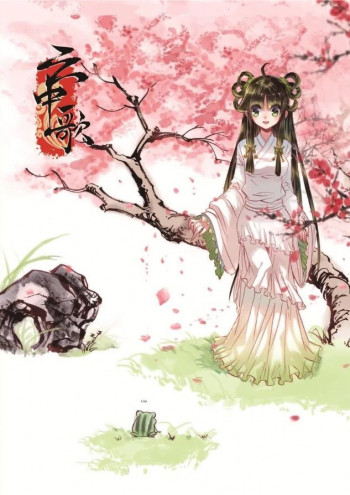Shay Savage's debut novel, Judging Books, is a compelling exploration of identity, societal expectations, and the transformative power of love. Set against the backdrop of a world where appearances and social status dictate one's worth, the story follows Ashlyn, a young woman poised to step into her father's corporate empire, and Ethan, a free-spirited young man whose life is a stark contrast to her own.
The narrative begins with Ashlyn, who embodies the quintessential debutante: polished, poised, and perfectly curated to fit into the upper echelons of society. Her life has been meticulously planned, with her father's ambitions for her future shaping her every decision. This setup serves as a critique of the societal norms that prioritize wealth and status over individuality and happiness. Savage deftly illustrates how these expectations can stifle personal growth and lead to a life devoid of genuine fulfillment.
When Ashlyn encounters Ethan, a tattooed and pierced young man with a rebellious spirit, her world is turned upside down. Ethan represents everything Ashlyn has been taught to avoid: he is unrefined, unconventional, and carries his own emotional baggage. Yet, it is precisely these qualities that draw Ashlyn to him. Their relationship becomes a catalyst for her awakening, challenging her to question the values she has been raised with and the life she has been destined to lead.
One of the most striking themes in Judging Books is the conflict between societal expectations and personal desire. Ashlyn's journey is one of self-discovery, as she grapples with the choice between adhering to her family's legacy and pursuing a life that feels authentic to her. This internal struggle is relatable and resonates with anyone who has ever felt the pressure to conform to external standards. Savage skillfully captures Ashlyn's turmoil, making her a deeply sympathetic character.
Character development is a strong point in this novel. Ashlyn evolves from a woman who is primarily defined by her social standing into someone who seeks to define herself on her own terms. Her relationship with Ethan serves as a mirror, reflecting her own insecurities and desires. Ethan, too, is a richly developed character. His troubled past and the issues he faces add depth to his persona, making him more than just a love interest. He embodies the idea that love can be both healing and complicated, as he grapples with his own demons while trying to support Ashlyn's journey.
The chemistry between Ashlyn and Ethan is palpable, and Savage does an excellent job of portraying their emotional connection. Their interactions are charged with tension, vulnerability, and a sense of urgency that keeps readers engaged. The author does not shy away from depicting the complexities of their relationship, including the societal backlash they face. This adds a layer of realism to the narrative, as it highlights the challenges of loving someone who exists outside the confines of one's social circle.
Moreover, the novel delves into the theme of judgment—both self-judgment and judgment from others. Ashlyn's initial hesitance to embrace her feelings for Ethan stems from her fear of how she will be perceived by her peers and family. This fear is a powerful reflection of the societal pressures that often dictate personal choices. Savage's portrayal of judgment is nuanced; it is not just about the external opinions of others but also about the internalized beliefs that can hinder one's ability to pursue happiness.
In terms of pacing, Judging Books maintains a steady rhythm that allows for both character development and plot progression. The narrative flows smoothly, with moments of tension balanced by introspective passages that give readers insight into Ashlyn's thoughts and feelings. Savage's writing style is accessible yet evocative, making it easy for readers to immerse themselves in the story.
While the novel is primarily a romance, it also serves as a coming-of-age story that encourages readers to reflect on their own lives and the choices they make. The message that love can transcend societal boundaries is a powerful one, and Savage delivers it with grace and authenticity. The ending, while satisfying, leaves room for contemplation about the future and the ongoing struggle between societal expectations and personal fulfillment.
In comparison to other works in the genre, Judging Books stands out for its focus on the internal conflicts faced by its characters. Similar to novels like The Fault in Our Stars by John Green or Beautiful Disaster by Jamie McGuire, it explores the complexities of young love and the impact of external pressures. However, Savage's unique perspective on the debutante lifestyle and the critique of social hierarchies adds a fresh layer to the narrative that sets it apart.
Overall, Judging Books is a thought-provoking and emotionally resonant debut that captures the essence of youthful rebellion against societal norms. Shay Savage has crafted a story that not only entertains but also encourages readers to reflect on their own lives and the judgments they face. With its rich character development, engaging plot, and poignant themes, this novel is sure to leave a lasting impact on its audience. It is a must-read for anyone who has ever felt torn between duty and desire, and it serves as a reminder that true happiness often lies beyond the labels we wear.
























Reviews 0
Post a Reviews: